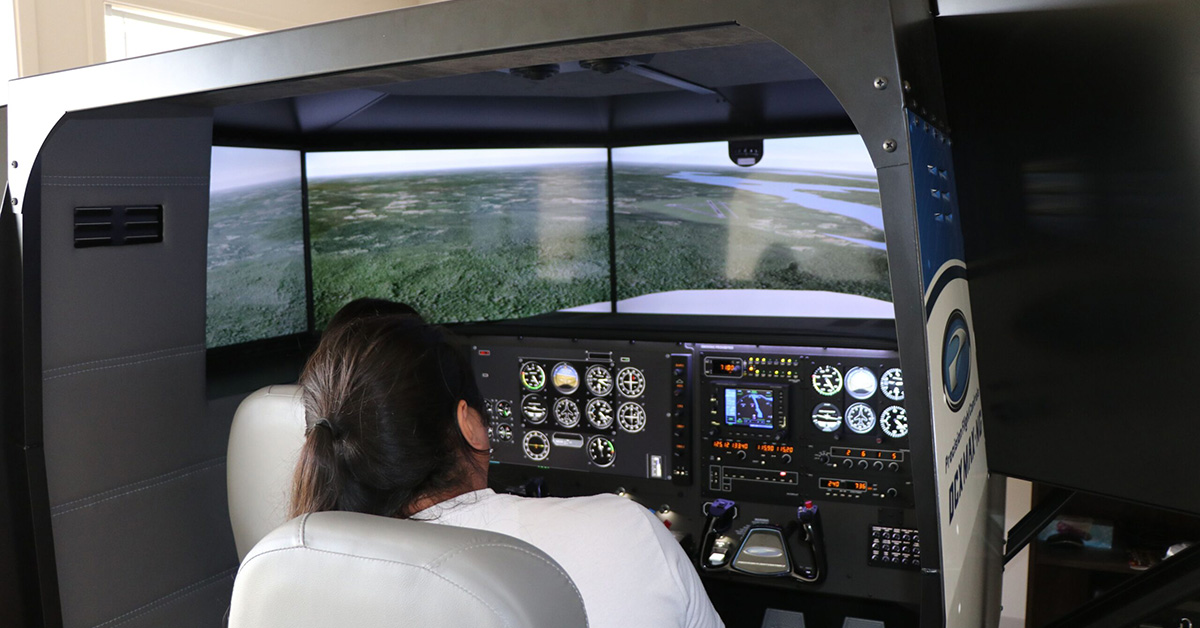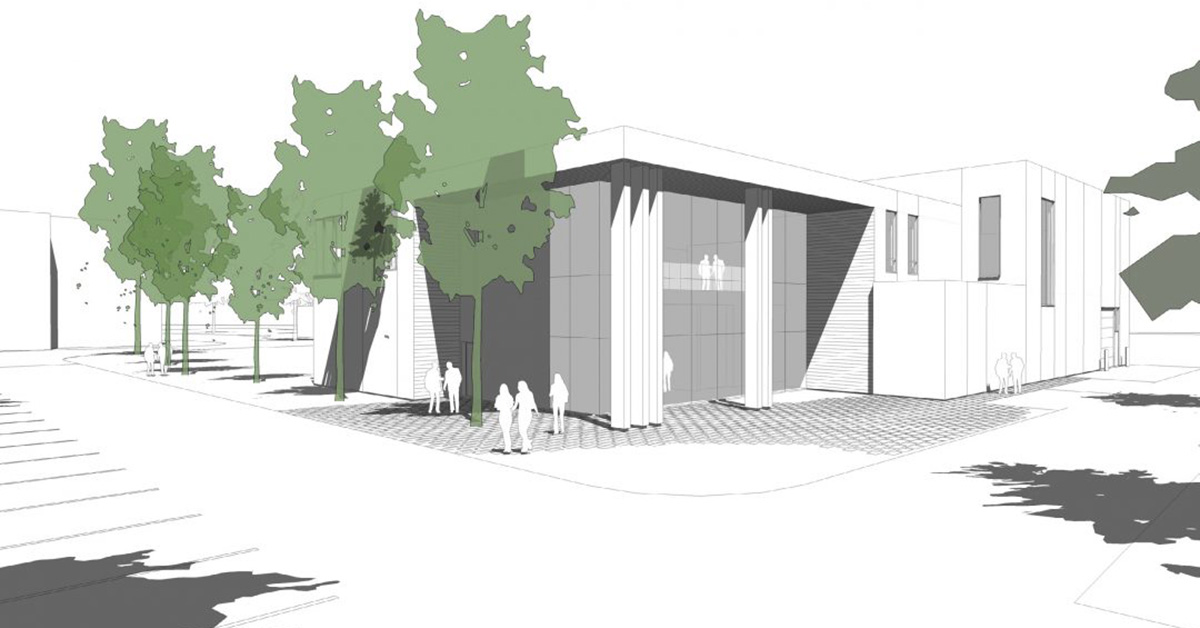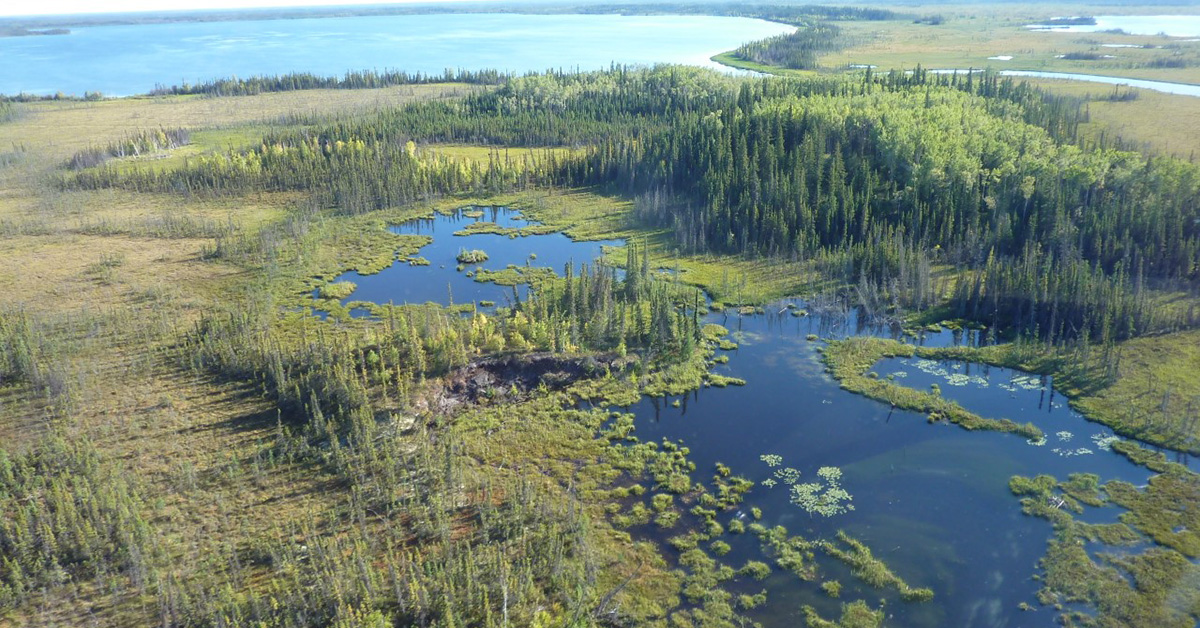According to the United Nations, in 2017, there were 962 million people aged 60 or over, more than twice as many as in 1980. By 2050, the UN expects this number reach nearly 2.1 billion! We will see the same growth in Canada where Statistics Canada reports that seniors will account for 25% of the population by 2036. This demographic shift will have wide-ranging implications, from healthcare and public finance to labour market and workforce development.
In 2017, the Standing Senate Committee on National Finance released its “Getting Ready: For a New Generation of Active Seniors” report which identified recommendations to take on Canada’s looming demographic challenges, including the development of a national seniors strategy.
As centres of excellence and community hubs, colleges and institutes are playing an important role in tackling the challenges identified by the Senate report. They offer research and training opportunities to improve quality of life for seniors, incorporate new technologies in seniors care, and respond to labour-market needs in the sector. For example:
- At the Centre for Elder Research at Sheridan College, applied research projects aim to identify, develop, and eventually implement innovative strategies to improve the quality of life for older adults and their families. Research areas include the impacts of emerging technologies such as virtual reality, support for older immigrant adults, and a unique project attempting to better understand bullying between older adults.
- Bow Valley College’s Institute for Aging Well delivers programming designed to create a positive perspective on healthy aging, allows for intergenerational knowledge transfer, and provides applied research and entrepreneurship opportunities, with particular emphasis on incorporating different views on aging from new Canadians and immigrants.
- Since 2006, the Centre for Education and Research on Aging at the University of the Fraser Valley has been a leader in gerontological education and research with particular emphasis on community engagement. Curriculum offered through the centre includes courses in human services and nursing, studying the effects of aging on sensation, perception, learning, and cognition.
- The Aging happily at home (« Vieillir heureux chez soi ») research project being undertaken at CIRADD, the CCTT affiliated with the Cégep de la Gaspésie et des Îles aims to meet with seniors to better understand their needs and worries and jointly devise solutions adapted to the realities of seniors and their communities.
- Kwantlen Poytechnic University’s Third Age Learning at Kwantlen (TALK) program offers anyone over 50 years of age a participatory learning experience through discussion, campus tours, and instruction with no grading or prerequisites. Courses cover a variety of topics, including health, wellness, arts, and culture.
- Niagara College recently joined the Age-Friendly University Global Network, which aims to encourage the participation of older adults in postsecondary activities, including lifelong learning and the pursuit of second careers, personal and professional development, and educational and research projects.
- The Garbarino Girard Centre for Innovation in Seniors Care at Algonquin College completed its first clinical research study in 2017 experimenting with integrated assessment systems to monitor movement and brain health to support early identification of cognitive decline, including dementia. The centre also provides hands-on training for students in geriatric care with its learning lab, smart apartments, applied research facility, and community partnerships.
- At Yukon College, the Targeted Initiative for Older Workers (TIOW) is a reskilling and skills upgrading program geared specifically towards older Canadians. The program helps unemployed workers, aged 50-70, displaced by the changing economy to develop employability skills, computer skills, and upgrade their work-related literacy.
- The Mobile Ideaspace at New Brunswick Community College’s (NBCC) is a centre of research specializing in, among other areas, designing mobile information and communication technologies (mobile ICT) that make aging a positive experience and foster age-friendly communities: including home monitoring, homecare, support for daily activities, fall prevention, biometrics, and image processing.
- The Schlegel Centre for Advancing Seniors Care at Conestoga College provides opportunities for education and training, workforce development, and applied research to improve the quality of life and care for Canada’s seniors. The unique approach includes Living Classrooms at Schlegel Villages where students learn while working in long-term care and retirement environments, participating in knowledge exchange workshops, and evidence-informed approaches to process and product development.
- The Attestation d’études collégiales (AEC) in Gerontology offered by Cégep de Saint-Jérôme gives students the skills required to work with and care for seniors, including an understanding of the biology and physiology of the aging body, relevant relational and communication skills, and practical experience in homecare.
Research centres and training options like these are already breaking ground in a critical, and growing, sector. As global populations continue to age, we can expect to see college and institute applied research centres, projects, and hands-on training opportunities expand to meet demand within Canada and around the world.





